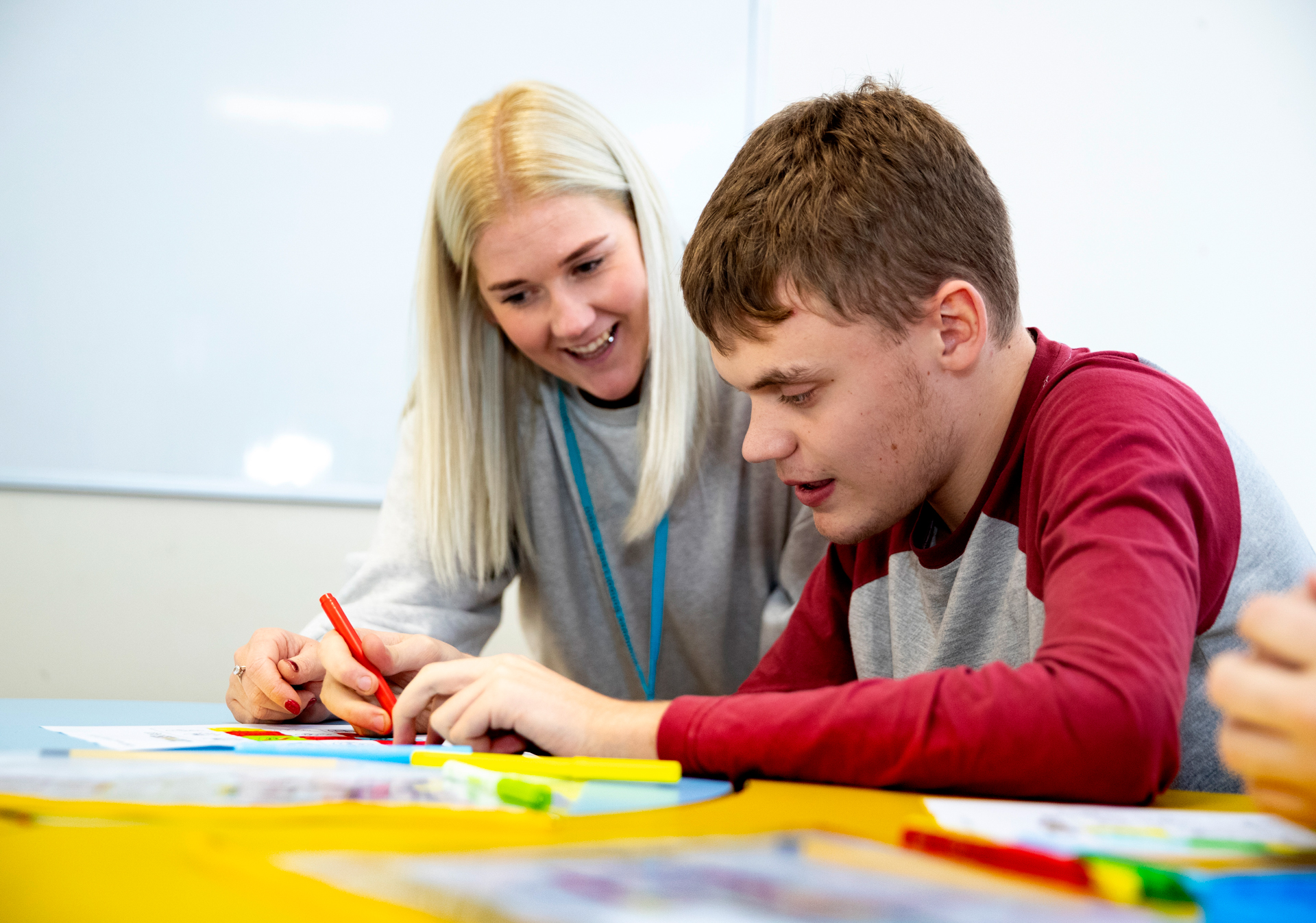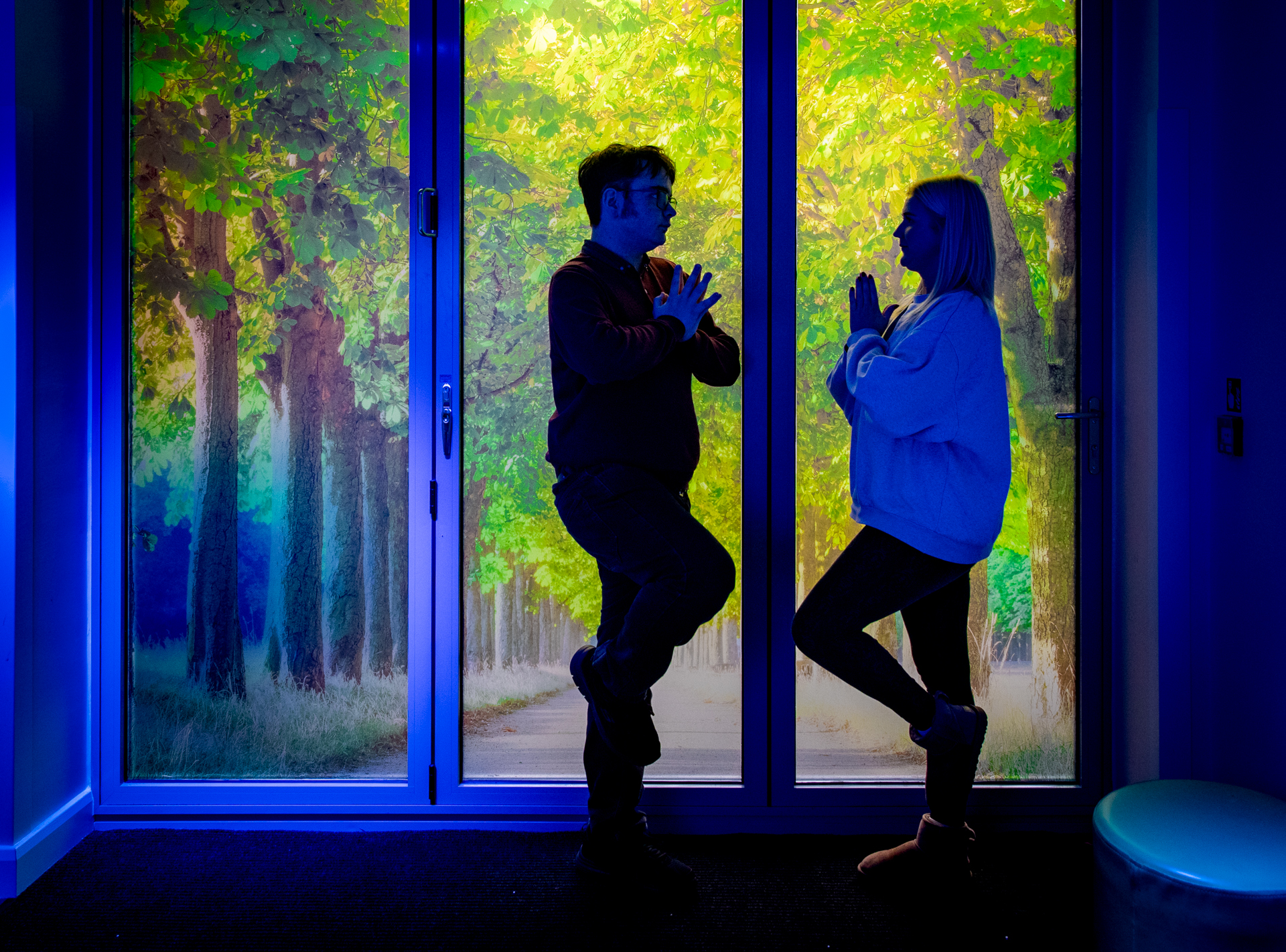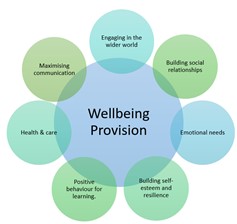Wellbeing


What does Wellbeing look like at Lighthouse School?
At Lighthouse School we focus on building emotional and social wellbeing in order to
raise your child’s self-esteem and promote positive behaviours for learning. We are
always building our ‘tool kit’ of strategies to enable us to be emotionally responsive to
our students.
We endeavour to develop all students’ emotional literacy skills and support their
mental health, giving them strategies and coping mechanisms to enable them to
access learning now and in the future, to the best of their ability.
Wellbeing provision
We use a range of specialist approaches from our Wellbeing tool kit including;
• relaxation, anxiety/stress management, relationship building & social skills,
health & self-care, anger management, self-regulation, sensory needs & self-
awareness, building self-esteem & resilience, and understanding diagnoses
• Coaching and mentoring support for students
• Pastoral & family support
• Wellbeing intervention groups for support in specific areas
• One-to-one sessions where required for specific skills
• Liaison and supervision from internal and external therapeutic teams for
specific student need
• Individualised parental support and close home school communication when
required
• Regular staff training
• Planning and delivery of our Shine out of school club
• Personalised transition


How will my child be assessed?
Taught Wellbeing sessions are delivered by members of the Wellbeing Team and are based around the Autism Education Trust (AET) Framework. To support the social and emotional development of students, lead staff focus on appropriate targets from these areas of the AET:
• Emotional Understanding and Self Awareness
• Social Understanding and Relationships
• Sensory Processing
• Interests, Routines and Processing
Students are taught in groups based on their individual needs. These groups are sometimes broken down into smaller sub-groups to allow for a more therapeutic environment in order to focus interventions on specific areas and skills.
Targets are set and reviewed half-termly, topics are influenced by the needs of the group, staff observations and student/family voice. Group targets are also linked to students’ EHCP outcomes, with staff incorporating themes and topics that are relevant to achieving them throughout the year.
Targets are formally assessed each term using evidence gathered from Wellbeing sessions and interventions. These individual and group targets continue to be incorporated throughout students’ day, not just within taught sessions, providing an holistic approach to their Wellbeing.
Each student’s level of support may vary throughout their time at Lighthouse School, dependent on their changing and developing needs. In Key Stage (KS) 3, sessions are usually around specific themes from the 4 areas of the AET Framework, whereas in KS4/5, topics are more focused on specific issues that students may be experiencing. We encourage student voice and self-advocacy, with students having more input into what’s important for them to cover within their Wellbeing sessions. These sessions can often link to and incorporate other subjects, including Skills & Experience, Vocational Studies, and transitions as students move through their journey at Lighthouse.
